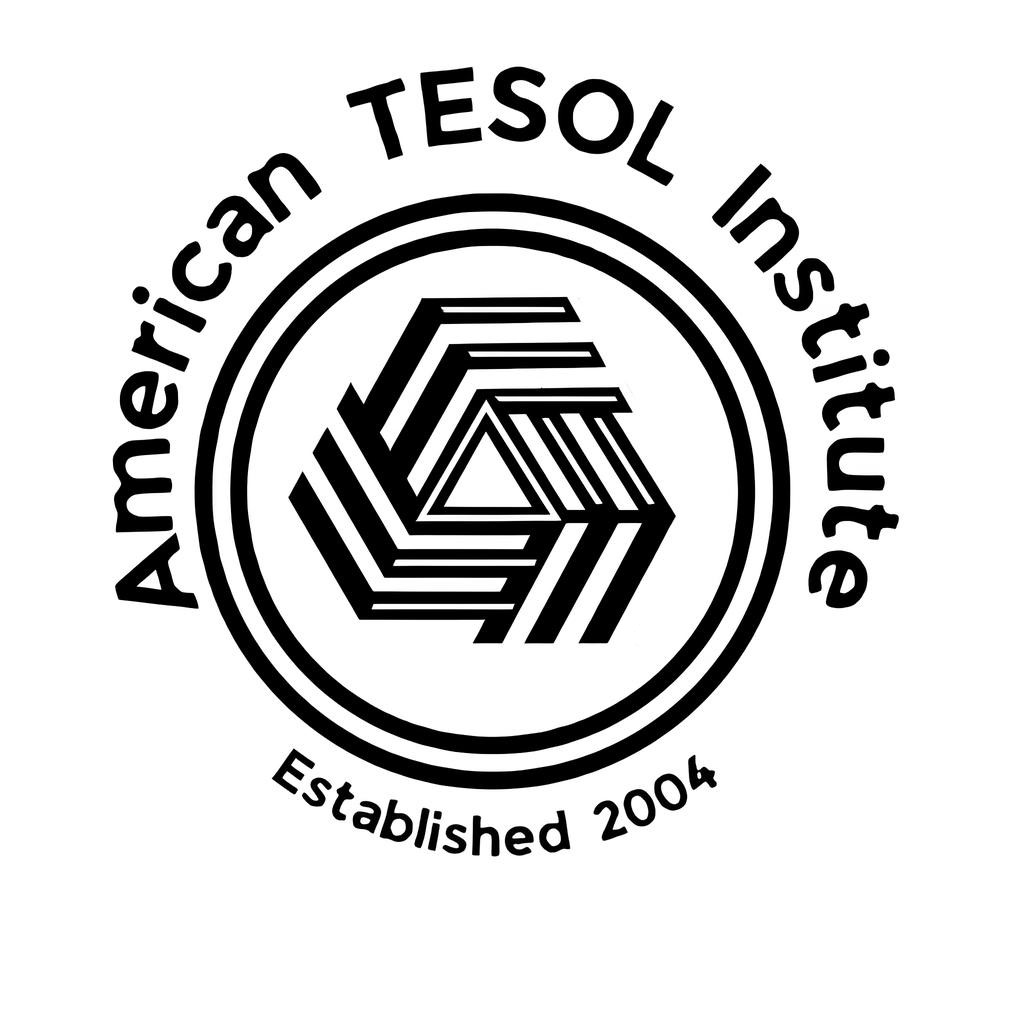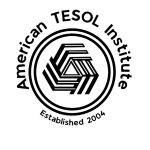The world of education is evolving at an unprecedented pace, driven by technological advancements, shifting societal needs, and innovative teaching methodologies. As TESOL teachers, staying updated on these trends is essential for engaging students and delivering effective lessons. Here’s an overview of the latest trends in education for 2025 and how they can be applied in the English language classroom.
1. Artificial Intelligence in Education
What’s Happening? Artificial Intelligence (AI) continues to revolutionize the education sector, with tools like ChatGPT, Grammarly, and Duolingo becoming staples for learners and teachers alike. AI-driven platforms provide personalized learning experiences, adaptive assessments, and real-time feedback.
Applications for TESOL Teachers
- Use AI-powered tools to create customized lesson plans based on individual student needs.
- Integrate AI chatbots to simulate conversational practice for students.
- Utilize AI for instant grading and feedback on writing assignments.
2. Gamification and Game-Based Learning
What’s Happening? Gamification—using game elements in non-game contexts—is proving effective in keeping students engaged and motivated. Game-based learning platforms like Kahoot! and Quizizz remain popular, but newer tools now offer immersive experiences through virtual reality (VR) and augmented reality (AR).
Applications for TESOL Teachers
- Design language learning games with leaderboards and rewards to foster competition and enthusiasm.
- Incorporate VR experiences that transport students to English-speaking environments for immersive practice.
- Use AR apps to teach vocabulary through interactive 3D objects.
3. Microlearning
What’s Happening? Microlearning breaks down complex topics into small, manageable lessons, often delivered through mobile devices. This trend caters to learners with short attention spans and busy schedules.
Applications for TESOL Teachers
- Create bite-sized lessons focusing on specific language skills, such as grammar points or idioms.
- Use mobile apps like Memrise or Tinycards to reinforce vocabulary learning.
- Develop quick, engaging video lessons for social media platforms.
4. Hybrid Learning Models
What’s Happening? Hybrid learning, combining online and in-person instruction, is becoming the norm. This model offers flexibility and caters to diverse learning preferences.
Applications for TESOL Teachers
- Blend virtual classes with in-person workshops for a balanced approach.
- Record live sessions for students to review, ensuring they never miss key concepts.
- Utilize online discussion forums to encourage peer-to-peer interaction outside the classroom.
5. Focus on Soft Skills
What’s Happening? Employers worldwide are placing greater emphasis on soft skills like communication, teamwork, and adaptability. English teachers are uniquely positioned to integrate these skills into language lessons.
Applications for TESOL Teachers
- Use group projects and role-playing activities to develop teamwork and communication skills.
- Teach workplace English, focusing on presentations, interviews, and email etiquette.
- Encourage critical thinking through debates on global topics.
6. Personalized Learning
What’s Happening? With advancements in data analytics, educators can now tailor lessons to individual student needs and learning styles.
Applications for TESOL Teachers
- Assess students’ progress with digital tools and adjust lessons to address specific challenges.
- Offer flexible assignments that allow students to explore their interests within the English curriculum.
- Use language-learning apps that adapt to the user’s proficiency level.
7. Sustainability Education
What’s Happening? As the world faces climate challenges, sustainability education is becoming a critical focus. This trend emphasizes global awareness and responsibility, often integrated across subjects.
Applications for TESOL Teachers
- Teach English through topics like recycling, renewable energy, and conservation.
- Incorporate project-based learning, such as creating eco-friendly posters or campaigns.
- Use literature and media that discuss sustainability themes.
8. Multimodal Learning
What’s Happening? Multimodal learning involves combining visual, auditory, kinesthetic, and digital elements to enhance understanding and retention.
Applications for TESOL Teachers
- Use videos, podcasts, and interactive whiteboards to appeal to different learning styles.
- Incorporate hands-on activities, like building vocabulary collages or role-playing conversations.
- Encourage students to create their own content, such as video blogs or photo essays.
9. Global Citizenship Education
What’s Happening? Education systems are prioritizing global citizenship, teaching students about interconnectedness, cultural awareness, and global challenges.
Applications for TESOL Teachers
- Include lessons on cultural norms and traditions in English-speaking countries.
- Discuss global issues, like climate change or migration, to build critical thinking and empathy.
- Organize virtual exchanges with classrooms in other countries for cultural immersion.
10. Mental Health and Well-Being in Education
What’s Happening? The focus on student well-being continues to grow, with schools implementing mindfulness practices and social-emotional learning.
Applications for TESOL Teachers
- Create a supportive classroom environment by encouraging open communication.
- Teach stress-relief vocabulary and phrases, such as “deep breathing” or “positive affirmations.”
- Incorporate mindfulness activities like journaling or guided meditations into lessons.
How TESOL Teachers Can Stay Ahead
- Embrace Professional Development: Stay updated on trends through webinars, online courses, and TESOL conferences.
- Experiment with Technology: Test new tools and platforms to enhance your teaching methods.
- Collaborate: Share ideas and strategies with colleagues to improve practices.
- Seek Feedback: Regularly ask students for input on lesson effectiveness and adapt accordingly.
Conclusion
The trends shaping education in 2025 provide exciting opportunities for TESOL teachers to innovate and inspire. By integrating technology, fostering global awareness, and focusing on personalized, multimodal learning, educators can create dynamic classrooms that empower students to excel in English and beyond.
Stay curious, stay adaptable, and lead your learners into the future of education!


